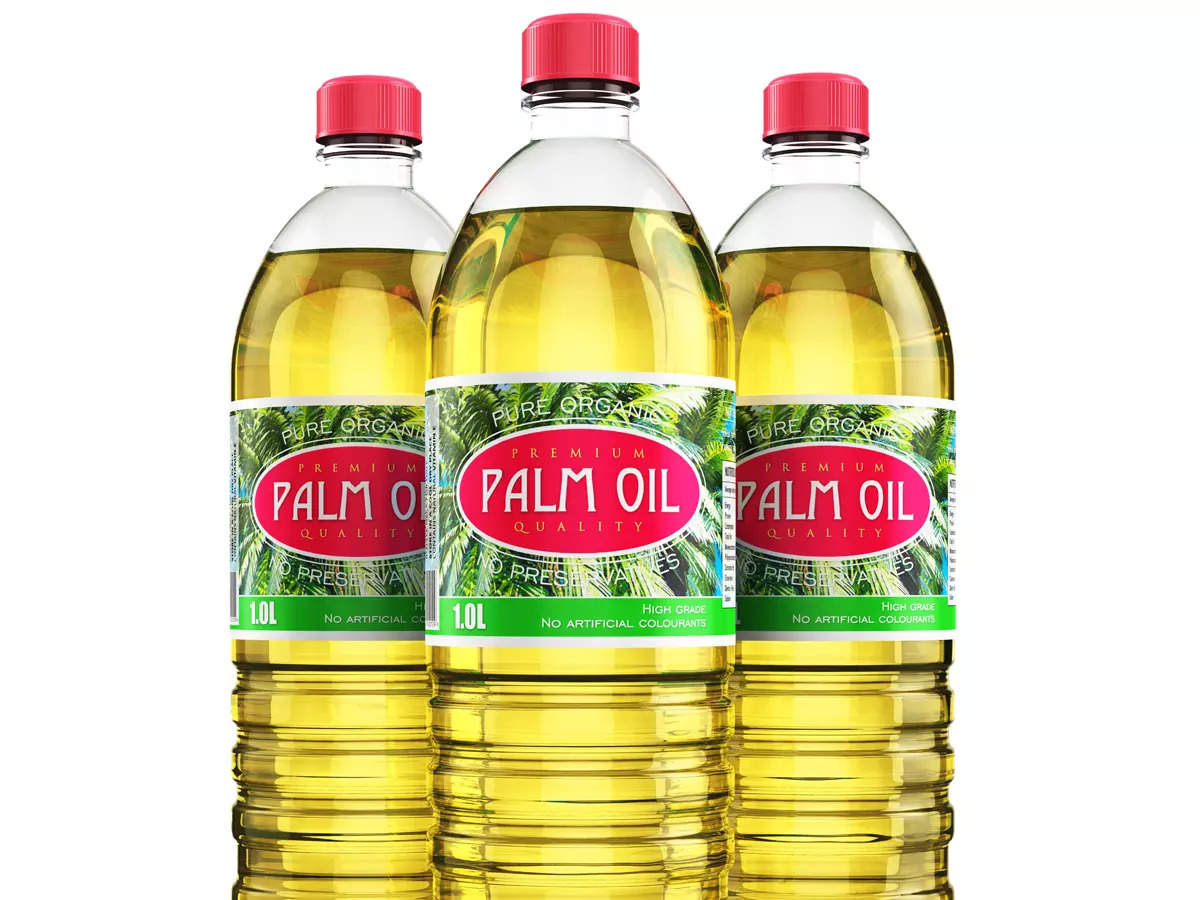
[ad_1]
Decrease purchases by India, the world’s largest importer of vegetable oils, may weigh on benchmark Malaysian palm oil futures, however will assist to scale back sunflower oil inventories within the Black Sea area.
February palm oil imports fell 35.6% month-on-month to 504,000 metric tons, the bottom since Might 2023, in response to estimates from sellers.
“Palm oil imports have declined considerably as a result of persistently damaging margins and aggressive pricing of soybean and sunflower oil,” mentioned Rajesh Patel, managing accomplice at edible oil dealer and dealer GGN Analysis.
Palm oil normally trades at a reduction to rival soyoil and sunflower oil, however falling shares have lifted its costs above rival oils, whose provides are ample.
Crude palm oil (CPO) imports are being provided at about $965 a metric ton, together with value, insurance coverage and freight (CIF), in India for April supply, whereas soyoil and sunflower oil are provided round $950 and $928 a ton, respectively, sellers mentioned. Sunflower oil imports surged 34% final month to 295,000 tons on decrease costs, and as shipments initially anticipated in January arrived in February as a result of delays brought on by Houthi assaults on Purple Sea delivery lanes, they mentioned. Soyoil imports in February fell 7.9% to 174,000 tons from a month earlier, and had been far under the month-to-month common imports of 306,000 tons seen within the final advertising and marketing 12 months ended Oct. 31, sellers estimated.
Trade physique Solvent Extractors’ Affiliation of India (SEA) is prone to publish its information on February imports by mid-March.
The decrease palm oil and soyoil imports pulled down India’s whole edible oil imports in February to the bottom degree in practically two years at 973,000 tons, down 18.4% from a month earlier, sellers mentioned.
India buys palm oil primarily from Indonesia, Malaysia and Thailand, whereas it imports soyoil and sunflower oil from Argentina, Brazil, Russia and Ukraine.








